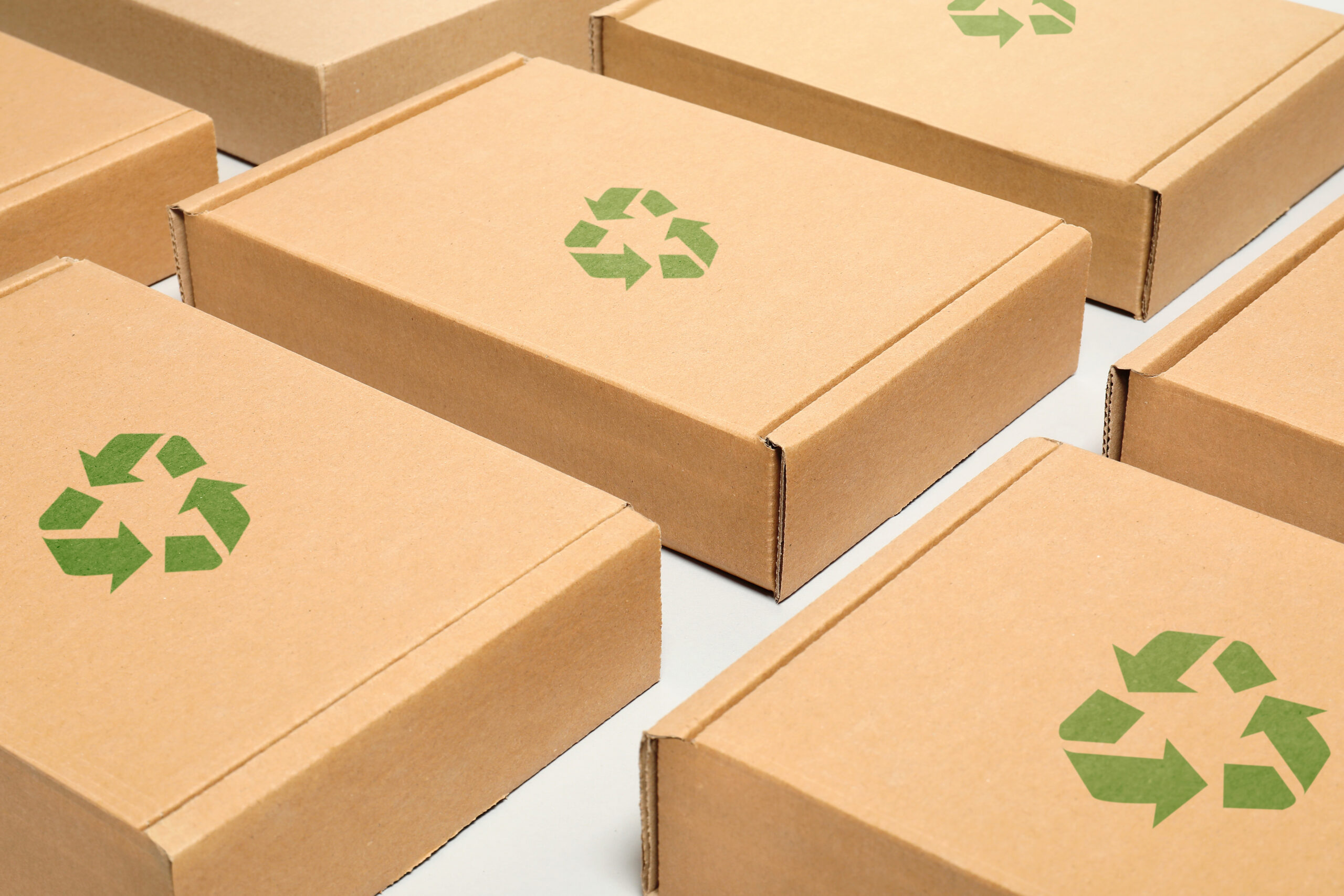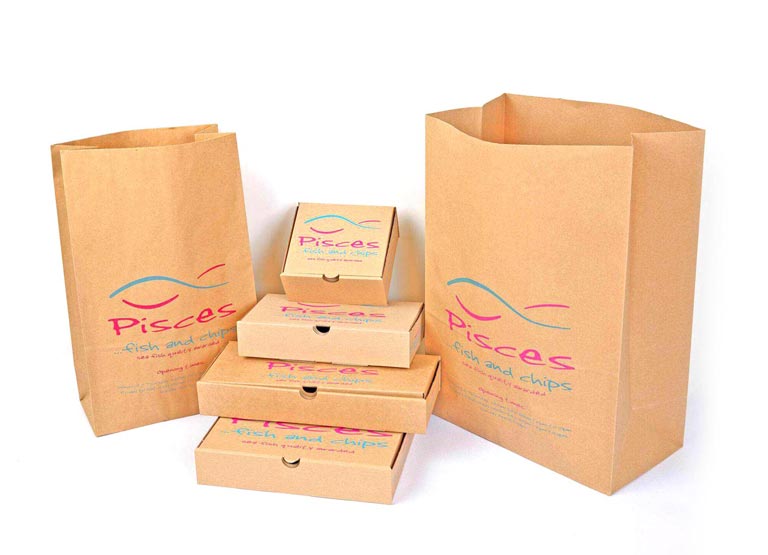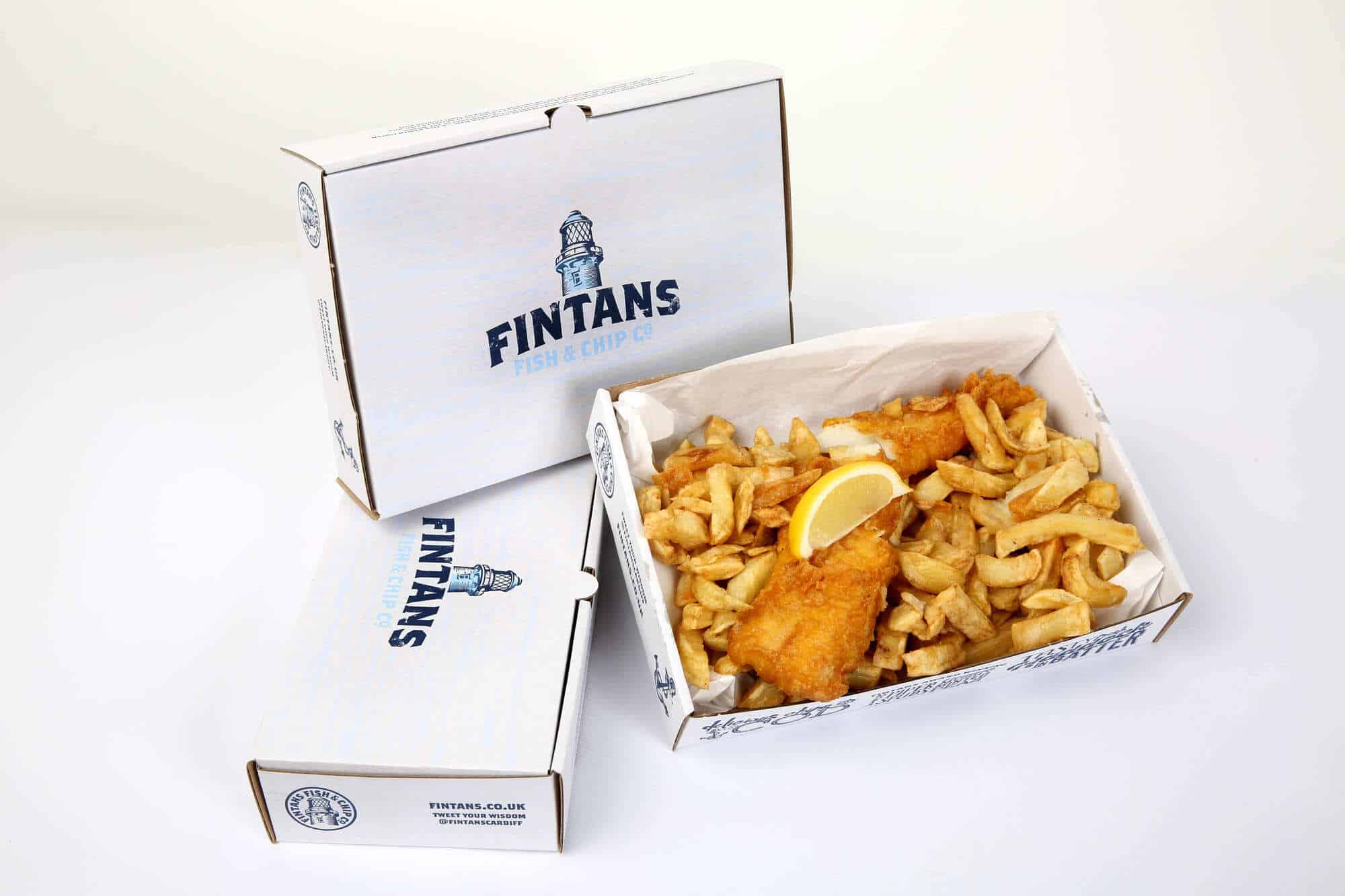Why Does All Fast Food Come in Paper or Card Packaging?
Fast food is pretty much everyone’s guilty pleasure. Be it fried chicken, fish and chips, burgers and fries, pizza, everybody can’t get enough of a quick bite to eat every once in a while from their favourite fast-food restaurant. There’s a reason why fast-food chains are some of the world’s largest and richest businesses, for example, McDonald’s, which is the largest chain restaurant business in the world. McDonald’s has 35000 restaurants globally across a total of 119 countries, and each day nearly 68 million customers visit McDonald’s, more than the population of the United Kingdom. That just proves the mass global demand for fast food. If you have been to a variety of different fast-food chain restaurants, you’ll notice that the majority of them have something in common.
Many fast-food restaurants use paper bags and paper packaging to serve the food in. This post explains exactly why fast-food restaurants use paper packaging and bags to distribute their food. Remember, fast food restaurants used paper bags before plastic waste pollution was a major global issue, so there are many reasons besides environmental benefits.
It’s Always Been That Way
Brown paper is much easier to use to wrap food up than plastic is and paper bags are cheaper than plastic bags. When fast-food chains started to become established, many of them did not originally use their own branded packaging, so, therefore, used paper bags to distribute their food to customers. Using paper bags and packaging for fast food then became a tradition and therefore has been used to package fast food to this day. In the UK, the majority of fish and chip shops use paper to wrap up the food as it is a tradition. Many fish and chip shops also use boxes for their food. Using paper as packaging for the food is a tradition as fish and chips were originally wrapped in newspaper. This was stopped in the United Kingdom in 1990 under the Food Safety Act. Since then, many fish and chip boxes and paper have replicated newspaper, however, it is against the law for newspaper to be used. This is because it is actually unhygienic for newspaper to be used, especially as many of the newspapers that were used were bought from shops where newspaper could have potentially been touched by customers.
Hot Water Emits Water Vapour
Pretty much all hot food emits water vapour, oil and grease if a lot is used, so if plastic packaging or bags were used, the food would become soggy or oily. If the bag was also well sealed, it could also cause a build-up of steam which could potentially burn a customer. If the customer did not get burned, they would get wet or greasy hands when reaching for food, which nobody wants when reaching for a loose french fry at the bottom of the bag. Takeaway pizza is traditionally served in cardboard boxes. If takeaway pizza was served in plastic, the topside of the box would become extremely wet or covered in oil, which would then drip on to the pizza, causing the pizza to be wet. Water going all over the pizza will definitely ruin the pizza and be a waste of food.
Paper Bag Plates
Surely we’ve all ripped a McDonald’s paper bag and used it as a plate? Using paper bags or cardboard boxes prevents the need for people asking for plates for their food. KFC uniquely offer paper plates when you choose to dine in one of their restaurants. When ordering pizza, boxes are commonly also used as disposable plates. Bags are also very useful for holding fries in one place without them being spilt on the floor. Five Guys are a new fast-food chain that has begun opening their restaurants in the UK. Fries at Five Guys are served in overfilled polystyrene cups and placed in a separate bag to their other food items. If you’ve ever been to a Five Guys restaurant, you’ll have seen many customers using the paper bags as temporary bowls/plates for the fries and rarely any fries on the floor! Paper bag plates are a necessity and are commonly used in fast-food restaurants across the world.
Paper and Cardboard is More Environmentally Friendly
As previously mentioned, when fast-food restaurants were first established, the pressure for them to use less plastic was much less as plastic waste pollution was much less of a global issue, however in modern-day, there is much more pressure on fast-food companies to use more paper rather than plastic to package their products. An example of this is McDonald’s recently scrapping their plastic McFlurry lids and alternatively folding over the corners of the cardboard cups. McDonald’s also recently scrapped plastic straws and instead started distributing paper straws. This was controversial as the paper straws were becoming soggy and less effective, especially for the thicker drinks such as milkshakes and iced coffee’s.
Food Packaging in the UK
Wyatt and Ackerman provide a variety of fast-food packaging and food packaging in the UK. Wyatt and Ackerman offer personalised food packaging so you can distribute your delicious food in the face and colour of your food providing brand awareness to your new or returning customers. This way, your restaurant’s delicious tasting food will be recognised by its customers, providing you with returning customers that remember the name and face of your business.



